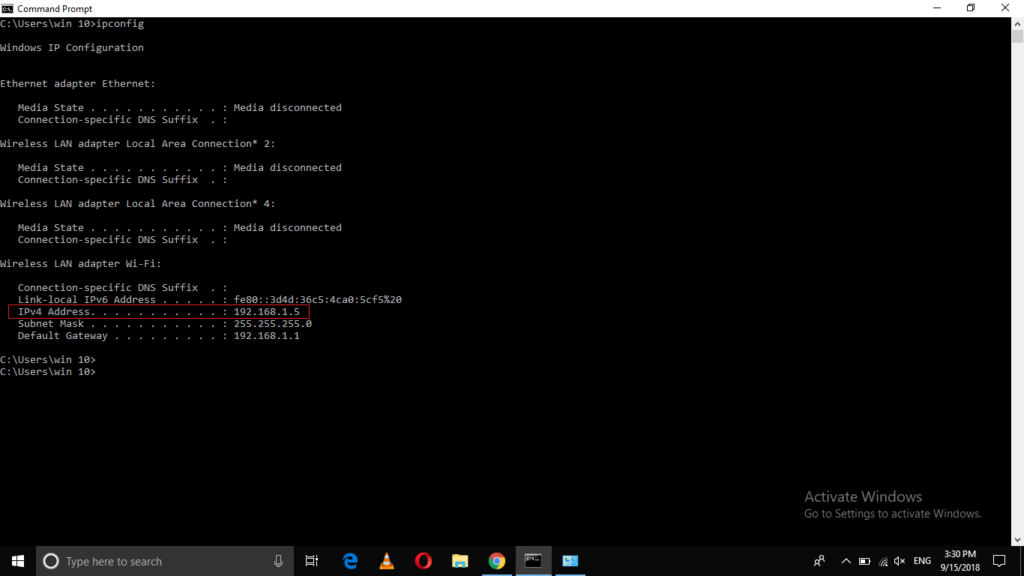

Now in the edited file, add the following line: _echo_ignore_all = 1 In order to permanently block ping requests, first edit the /etc/nf file using the following command: $ sudo nano /etc/nf Ping requests can also be permanently blocked using the /etc/nf file. You can also unblock ping using the below command: $ sudo sh -c ‘echo 0 > /proc/sys/net/ipv4/icmp_echo_ignore_all’īlock or unblock Ping Requests through “/etc/nf” File (Permanently)

As soon as you reboot the system, the kernel parameter value will revert to its original value and ping will be unblocked again. You can do this using the below command: $ sudo sh -c ‘echo 1 > /proc/sys/net/ipv4/icmp_echo_ignore_all’ To block ping requests, you will need to change the value in the icmp_echo_ignore_all file form “0” to “1”. The /proc/sys/net/ipv4/ directory contains a file icmp_echo_ignore_all which controls whether the system should respond to ping requests or not. You can also unblock ping using the below command: $ sudo sysctl -w _echo_ignore_all=0īlock or Unblock Ping Requests through icmp_echo_ignore_all File (Temporarily)

However, as stated before, this change will be temporary. Now if another system tries to ping your system, it will see no response as shown in the following output. If you need to temporarily block the ping requests to your system, you can use the sysctl command as follows: $ sudo sysctl -w _echo_ignore_all=1Īfter running the above command, the machine will start blocking the ping requests coming to it. The following output shows ping is currently unblocked in our system.īlock or Unblock Ping Requests through “sysctl” Command (Temporarily) The value of “icmp_echo_ignore_all” equals to “0” means ping is unblocked while value“1” means ping is unblocked. To find whether the system is currently blocking or allowing the ping requests, issue the following command in Terminal: $ sudo sysctl -ar ‘icmp_echo’ There are three different ways to modify the kernel parameters: By modifying the value of this kernel parameter, you can make the system block the ping requests. The default value of kernel parameter _echo_ignore_all is “0” which means to allow all the ping requests. This parameter controls whether the system should respond to ping requests or not. Ping requests can be blocked/unblocked by modifying the kernel parameter _echo_ignore_all. Block or Unblock Ping Requests through Kernel Parameters We are going to explain both options for blocking the ping requests on Debian system. To block ping requests to the Debian system, there are the following two options: For instance, to send 3 ICMP packets, you can use the following command: $ ping -c 3 To send a specific number of packets, use the ping with -c option.

In Linux OS, when you ping an IP address, it continues to send ICMP packets until you press Ctrl+C to stop it. Ping sends an ICMP echo request towards the target system and then obtains an ICMP echo reply. Note: The procedure explained here have been tested on Debian 10 (Buster) system.
#Allow ping windows 10 firewall how to#
This post will be about how to block or unblock ping requests on Debian. In an earlier post, we have explained how to block or unblock ping request on Ubuntu 20.04. However, some network administrator prefers blocking ping as they consider it a security issue for some reasons. Ping is a network utility used to check the availability of a system on an internet protocol network using the ICMP echo request and echo reply messages.


 0 kommentar(er)
0 kommentar(er)
